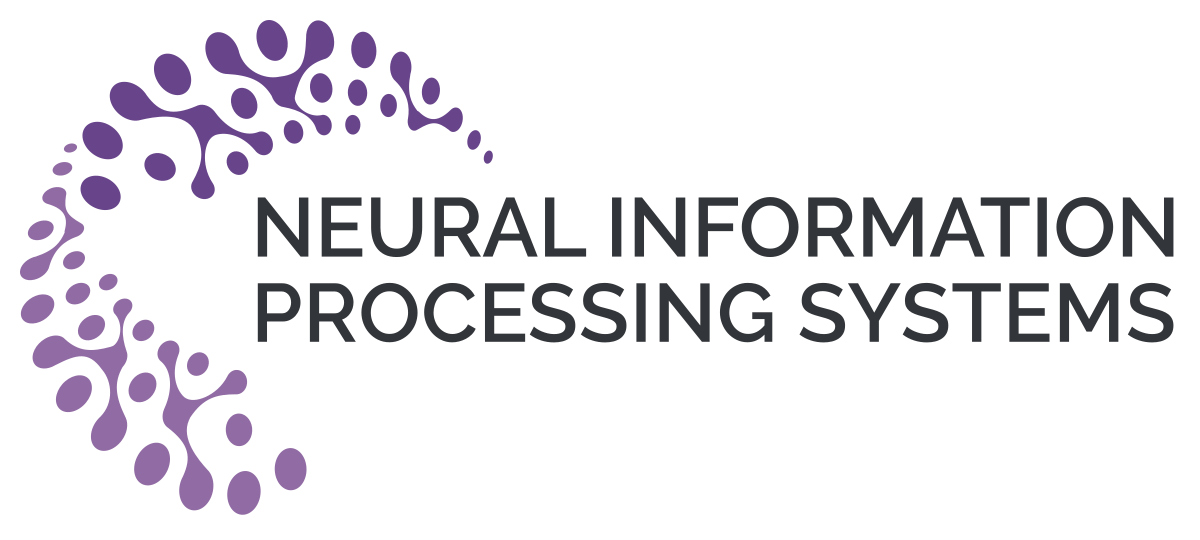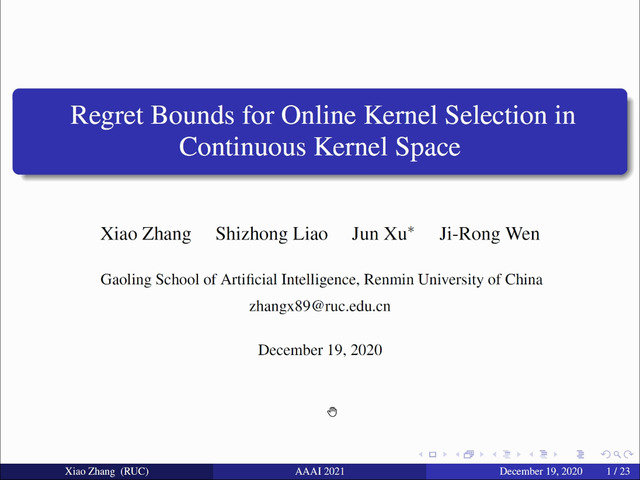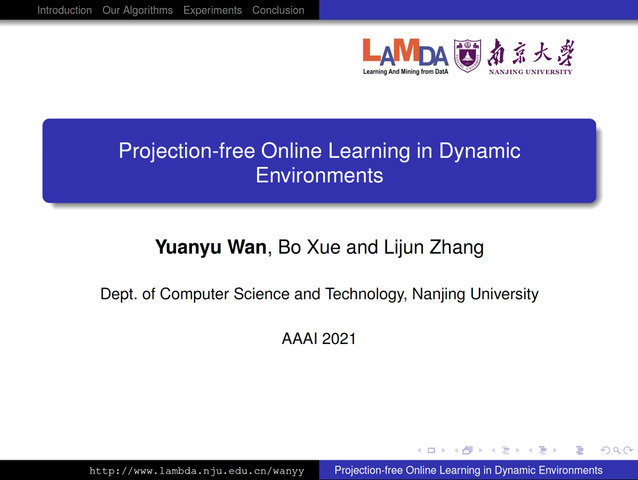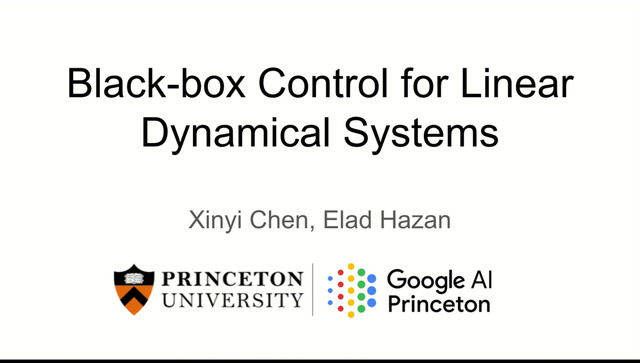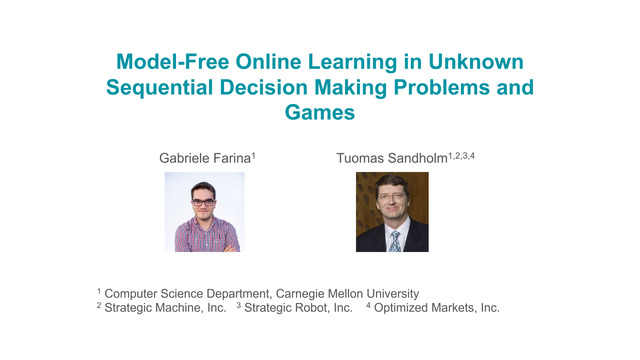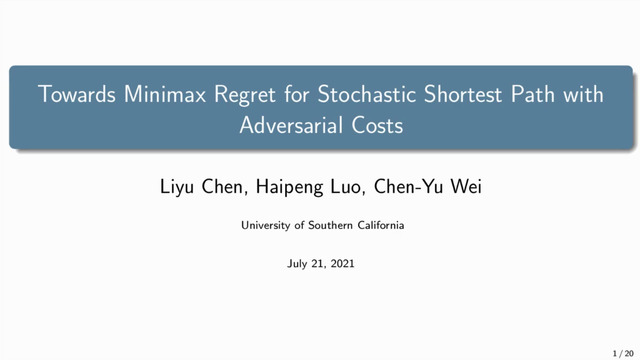Abstract:
Recent literature has made much progress in understanding \emph{online LQR}: a modern learning-theoretic take on the classical control problem where a learner attempts to optimally control an unknown linear dynamical system with fully observed state, perturbed by i.i.d. Gaussian noise. \iftoggle{nips}{The}{It is now understood that the} optimal regret over time horizon $T$ against the optimal control law scales as $\widetilde{\Theta}(\sqrt{T})$. In this paper, we show that the same regret rate (against a suitable benchmark) is attainable even in the considerably more general non-stochastic control model, where the system is driven by \emph{arbitrary adversarial} noise \citep{agarwal2019online}.
We attain the optimal $\widetilde{\mathcal{O}}(\sqrt{T})$ regret when the dynamics are unknown to the learner, and $\mathrm{poly}(\log T)$ regret when known, provided that the cost functions are strongly convex (as in LQR). Our algorithm is based on a novel variant of online Newton step \citep{hazan2007logarithmic}, which adapts to the geometry induced by adversarial disturbances, and our analysis hinges on generic regret bounds for certain structured losses in the OCO-with-memory framework \citep{anava2015online}.

